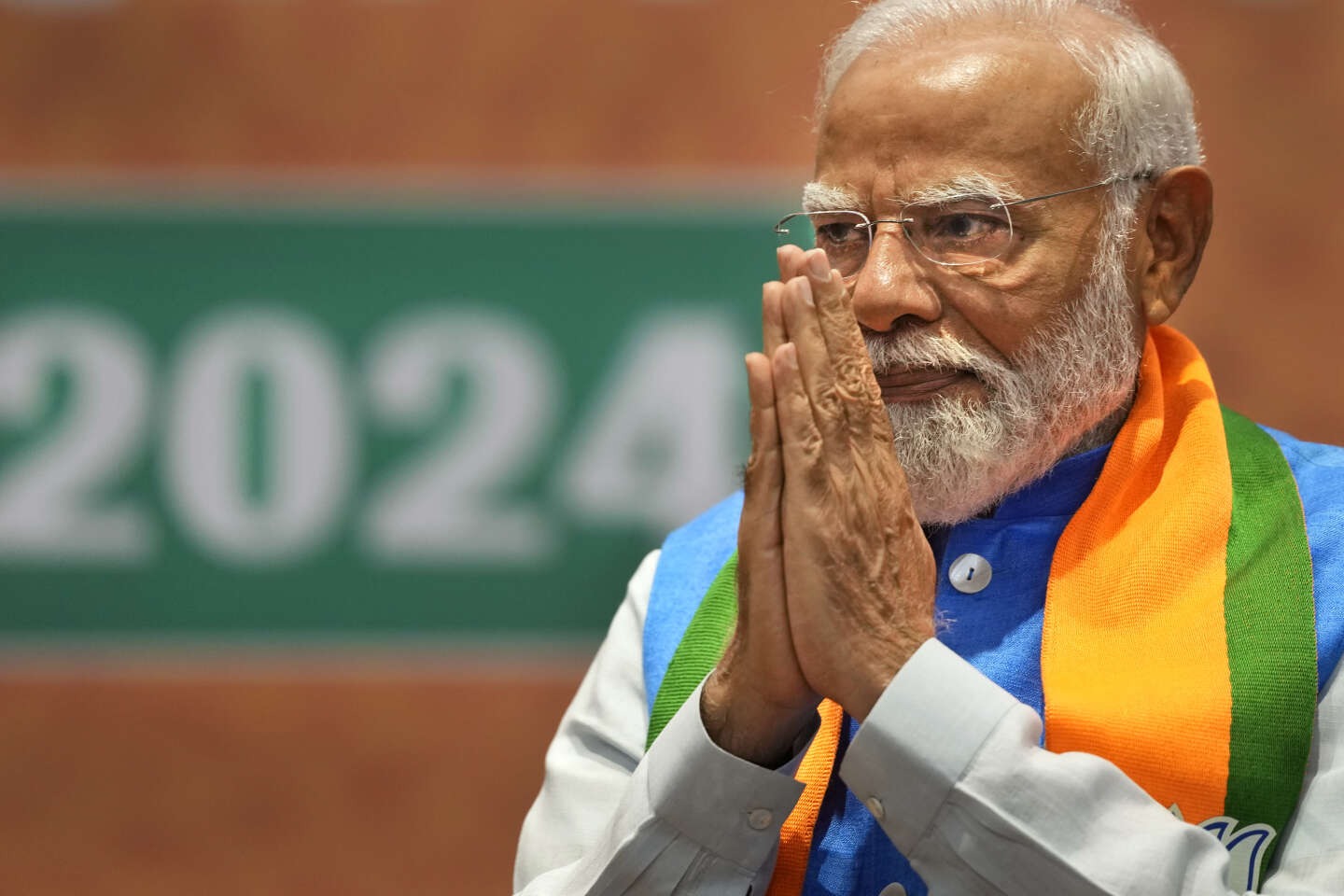


To all appearances, the current electoral race in India bears a striking resemblance to that of 2019. It has the same candidates – outgoing Prime Minister Narendra Modi is pitted against Congress Party leader Rahul Gandhi – and the same themes, with the opposition denouncing the government's economic and social policies, while the ruling party, the Indian People's Party (BJP), continues to lean on the figure of its leader (its trump card) as well as the old refrain of Hindu nationalism.
There are, however, a few interesting changes. Modi no longer wants to appear simply as the guardian of the Indian nation against the Pakistani threat – the main message of his 2019 campaign, during which he retaliated to an attack by sending fighter jets into enemy territory. He now also wants to be seen as the high priest of the Hindu community. He donned these new robes on January 22, when, in front of a sea of cameras, he performed the rituals himself to inaugurate the Ram Mandir, whose construction, built on the rubble of a 16th-century mosque destroyed by BJP supporters in 1992, the BJP had championed. The inauguration of the temple, allegedly built on the birthplace of the god Ram, launched his campaign and set the tone.
But this is only a minor difference with 2019, because, in essence, the cause has been obvious since Modi's first victory in 2014: his government seeks to transform India into a Hindu Rashtra, a Hindu nation-state, where Muslims would be no more than second-class citizens. This project has been legally enshrined through laws excluding Muslim refugees from neighboring countries from access to Indian citizenship and making conversions to religions other than Hinduism, as well as interfaith marriages, very difficult.
Weakness regarding China
In addition to legal discrimination, Muslims are targeted by Hindu nationalist groups who act as veritable cultural police on the highways – which they patrol to ensure that Muslims are not taking cattle to the slaughterhouse, the cow being a sacred animal – or in the streets and on campuses to prevent young Muslims from dating Hindu women, lest they seduce and convert them. This cultural policing comes with beatings and even lynchings.
For the opposition, too, there are a few new themes, starting with the denunciation of the weaknesses shown by the Modi government regarding China. Following Chinese army incursions into the Himalayas in 2020, which caused the death of 20 Indian soldiers, Beijing has taken control of many territories claimed by India, as evidenced by satellite photos.
You have 60.19% of this article left to read. The rest is for subscribers only.
